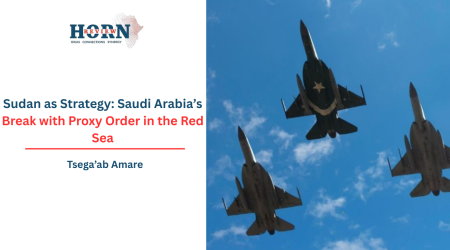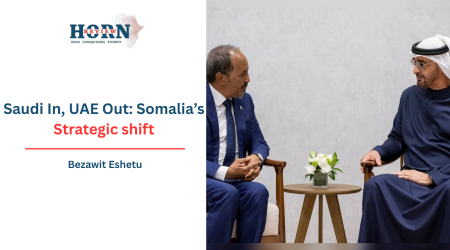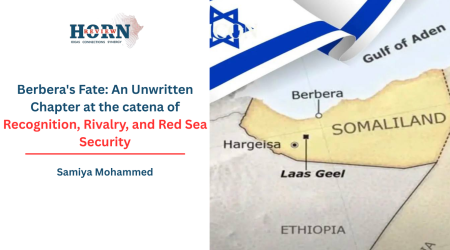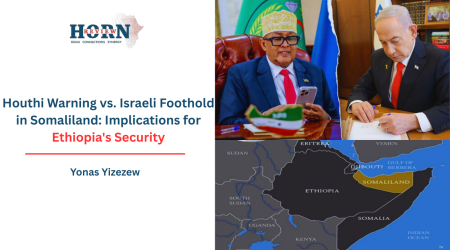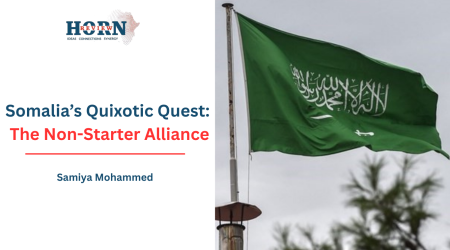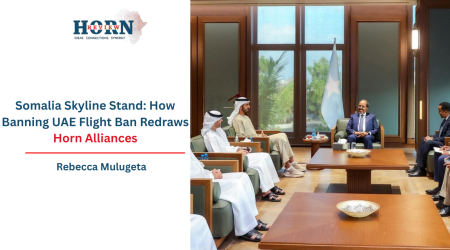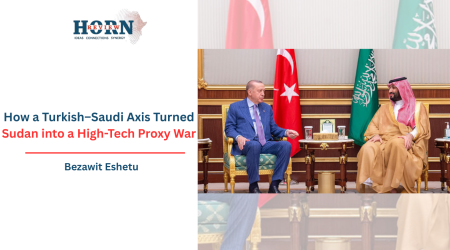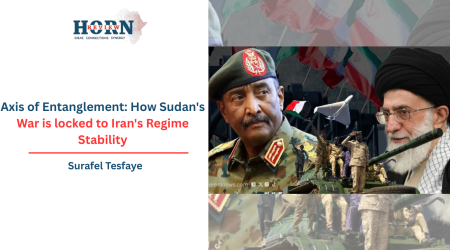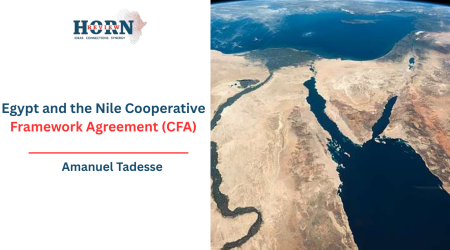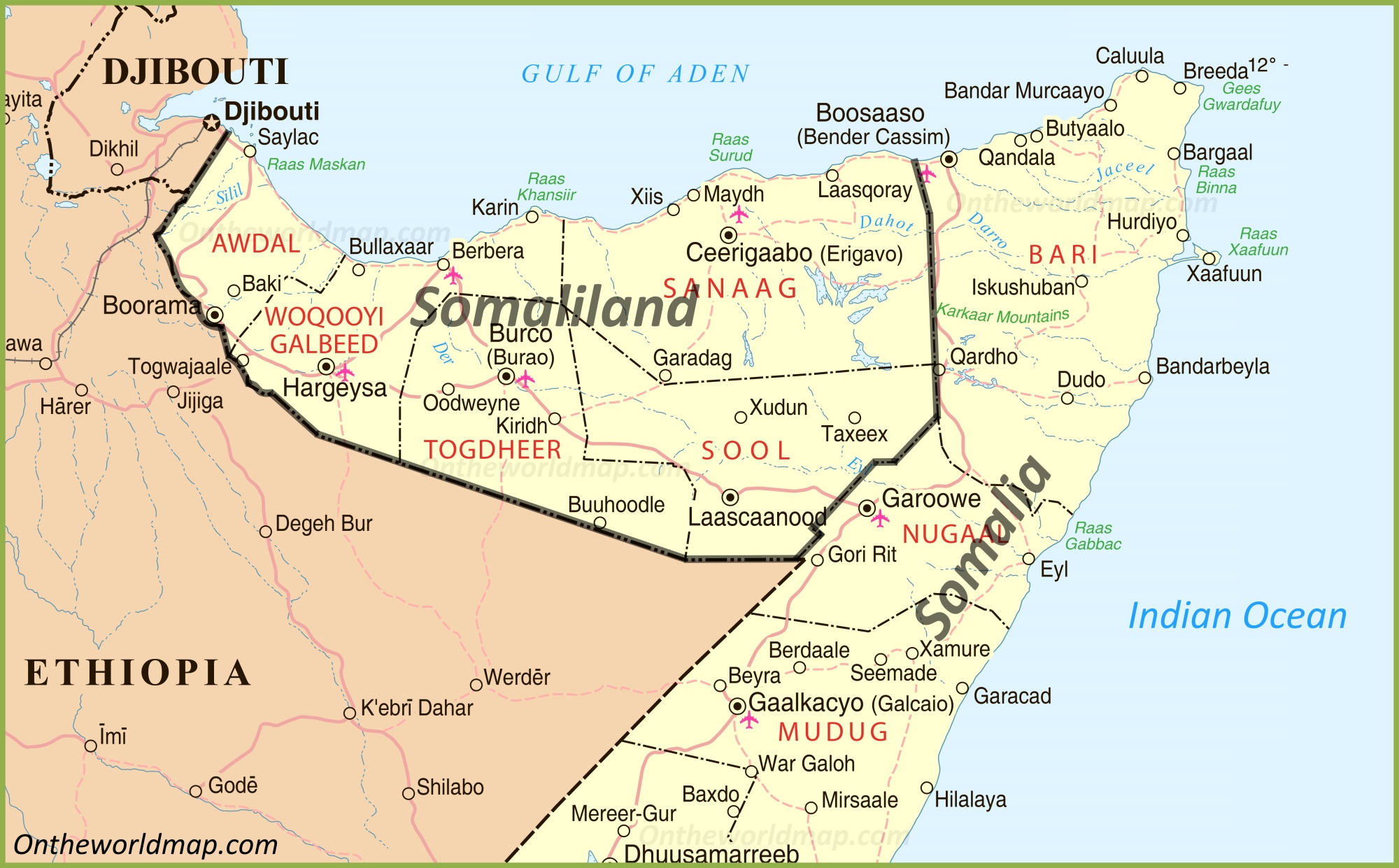
16
May
Swipe Right for Authoritarianism: Democracy vs. the Algorithm
When Disinformation Wears a Beret
Across Hargeisa, Somaliland’s youth are encountering a growing digital narrative: the idea that abandoning democracy and embracing authoritarianism might offer a stronger future. This narrative is being spread through carefully produced videos that feature Captain Ibrahim Traoré, the junta leader of Burkina Faso, often seen in images that emphasize strength and leadership. These videos suggest that a system of governance similar to the one in Burkina Faso could be the right path for Somaliland.
However, this is not a movement emerging from local sentiment; it is part of a broader campaign aimed at influencing the region’s political direction. Over the past week, a large number of videos promoting the idea of military-led governance have appeared in Somaliland’s digital spaces, presenting Sahel-style junta rule as a potential model for the Horn of Africa.
The production quality of these videos is highly professional. Traoré’s speeches are overdubbed in Somali, with accompanying subtitles presenting him as a modern-day version of Siad Barre. The videos feature dramatic visuals designed to attract attention and spread rapidly across social media platforms.
An investigation into these digital efforts reveals that at least 17 Somaliland-linked channels are pushing a similar narrative: democracy is weak, Western influence is damaging, and only strong, centralized leadership can restore order. This message mirrors the experiences of other African countries, where military-led governments have been presented as the solution to political instability.
Saleban Ismail Hashin, a military analyst, characterizes this effort as more than just political debate. It is an attempt to influence young Somalilanders by promoting the idea that their country’s stability is insufficient and that a shift towards authoritarianism could provide better security and prosperity.
The techniques used in this disinformation campaign are familiar from similar efforts in other parts of Africa. The content frequently uses recycled video clips, revolutionary language, and messaging that positions alternative global powers as the solution to the continent’s challenges.
This form of disinformation is more sophisticated than previous efforts. Rather than being tightly controlled from a central source, this campaign allows for local content creators to play an active role in spreading the message. As Ayan Ali, an intelligence analyst, describes it, this is “a franchised coup,” where the ideological framework is provided, but local actors drive the narrative forward.
The campaign is proving effective. The videos are highly shareable, the messages resonate with a younger, more digitally engaged audience, and the overall content is designed to be as persuasive as possible. Despite the fact that military-led regimes in countries like Burkina Faso have failed to provide lasting stability or prosperity, the aesthetic appeal of these videos continues to draw attention.
Somaliland, on the other hand, stands out in the region for its relative stability. The country has a functioning government, regular elections, and a peaceful society. This stability contrasts with the political landscapes of other nations, which have experienced military takeovers and shifting political allegiances.
The key question now is whether Somaliland’s youth will recognize the limitations of the messages they are encountering online. Disinformation, particularly in the digital age, is not just an external threat; it is a challenge that tests the resilience of a society’s values. If Somaliland’s young people reject the authoritarian narratives being presented to them, they will demonstrate the strength of their democratic institutions. If they are swayed, the country could face significant challenges moving forward.
The West’s response so far has been limited, with little more than cautious commentary on the issue. Meanwhile, various actors are strategically working to shape Somaliland’s political future through digital media. What Somaliland needs is a concerted effort to safeguard its democratic progress from disinformation, manipulation, and external interference.
The primary concern here is not just the potential for political upheaval but the rise of foreign-backed campaigns that use digital platforms to undermine democratic systems. It is critical to ensure that Somaliland’s stability and democratic values are protected from these external influences.
By Samiya Mohammed,Researcher,Horn Review

